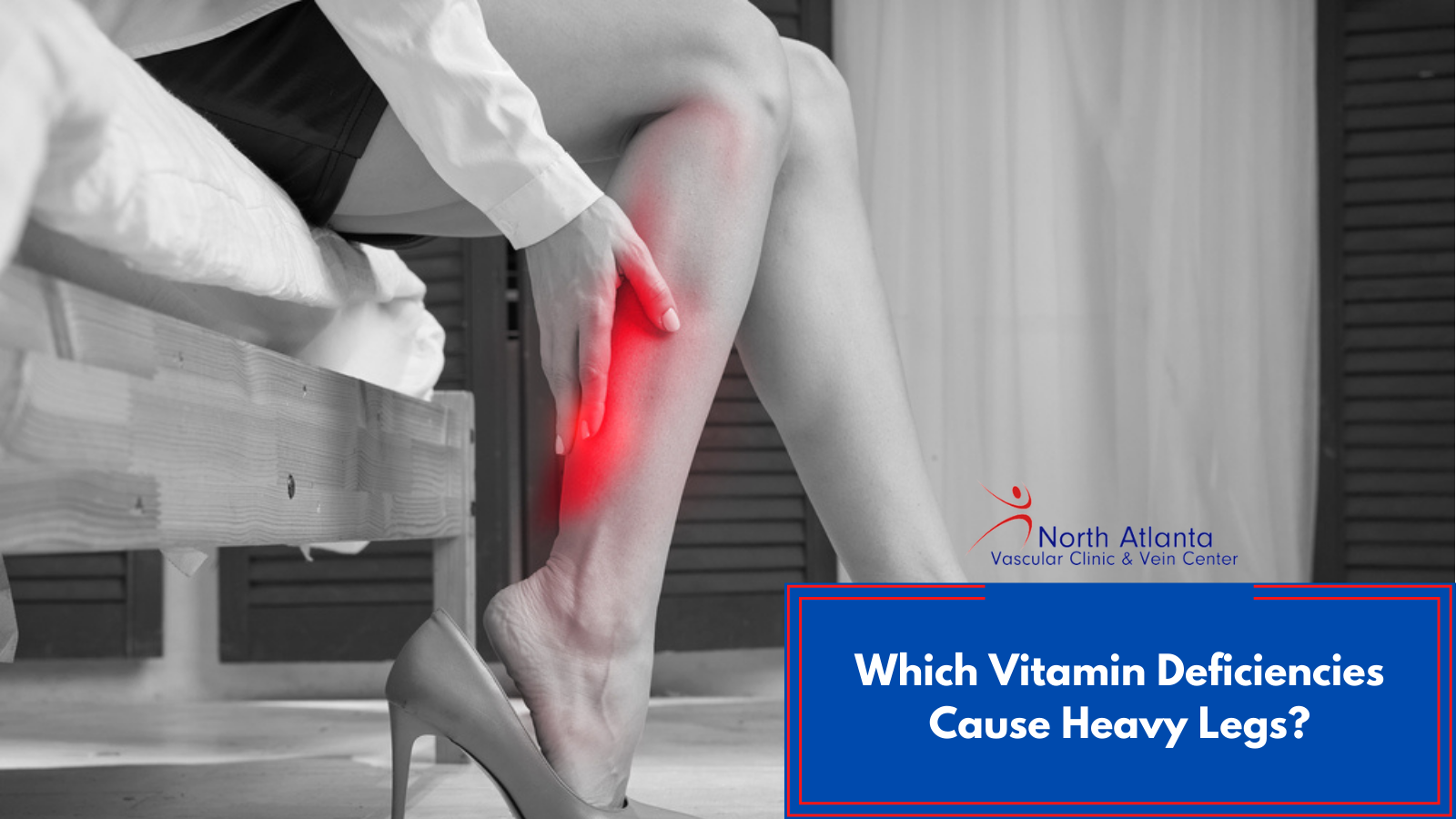



Whether you are a marathoner or casual runner, experiencing heavy legs after running is quite normal. Certain home remedies like wearing compression stockings, keeping your legs elevated, and reducing sodium intake may relieve its symptoms, including pain and swelling. However, if your heavy legs persist despite following such remedies, it may indicate a vitamin or nutrient deficiency. Therefore, consult with your doctor if your heavy legs persist or you are experiencing severe leg heaviness while running.
The following vitamin and nutrient deficiencies can cause heavy legs syndrome Vitamin D
Drinking milk can help combat heavy legs when coupled with vitamin D, as it helps your body absorb calcium. Additionally, not taking sufficient vitamin D supplements can cause heavy, sore, and weak legs.
Therefore, it’s important to eat foods rich in vitamin D including, sockeye salmon, egg yolk, canned tuna, swordfish, Swiss cheese, beef liver, yogurt, breakfast cereals, sardines, and margarine, especially when trying to prevent or resolve the feeling of heavy legs.
Vitamin B1 (Thiamine)
You may be prone to vitamin B1 deficiency if you are running and also following a low-calorie diet. Vitamin B1 deficiency can cause heavy and tired legs after running, muscle cramps, fatigue, and odd sensations in your legs and feet.
Some foods rich in vitamin B1 include whole grains, vegetables, legumes, milk products, and meat.
Iron
Iron deficiency can cause restless leg syndrome. Restless leg syndrome can cause unpleasant sensations in your legs, creating an urge to move them to relieve that feeling. Chemical balance that causes restless leg syndrome can hamper your running on the track and road. Iron deficiency can also cause anemia which in severe cases can cause painful lower leg cramps.
Foods rich in iron are beef liver, lentils, chickpeas, white beans, and fortified cereals.
Vitamin E
A vitamin E deficiency may also be the culprit of heavy legs after running. If you are running to lose weight, make sure to follow a nutritious diet to replace the lost nutrients during running. If you put your body under stress by running and following a reduced-calorie diet, you may be susceptible to vitamin E deficiency.
Prevent vitamin E deficiency by eating peanuts, sunflower seeds and oil, hazelnuts, olive oil, corn oil, spinach, mango, kiwi, broccoli, and tomatoes.
Along with the foods mentioned above, the following foods can increase blood circulation and improve vein health, thus preventing heavy legs and symptoms such as pain, burning sensation, and swelling.
The antioxidants and other nutrients in these foods can help combat heavy legs and prevent restless leg syndrome. However, if, despite following a healthy diet and exercise routine, you are experiencing symptoms of heavy legs, it would be best to get medical help as soon as you can
If you are looking for heavy leg treatment in Suwanee, schedule an appointment with North Atlanta Vascular Clinic and Vein Center today. Our experienced vein doctors can offer expert advice on foods that help keep your veins healthy and prevent heavy legs.